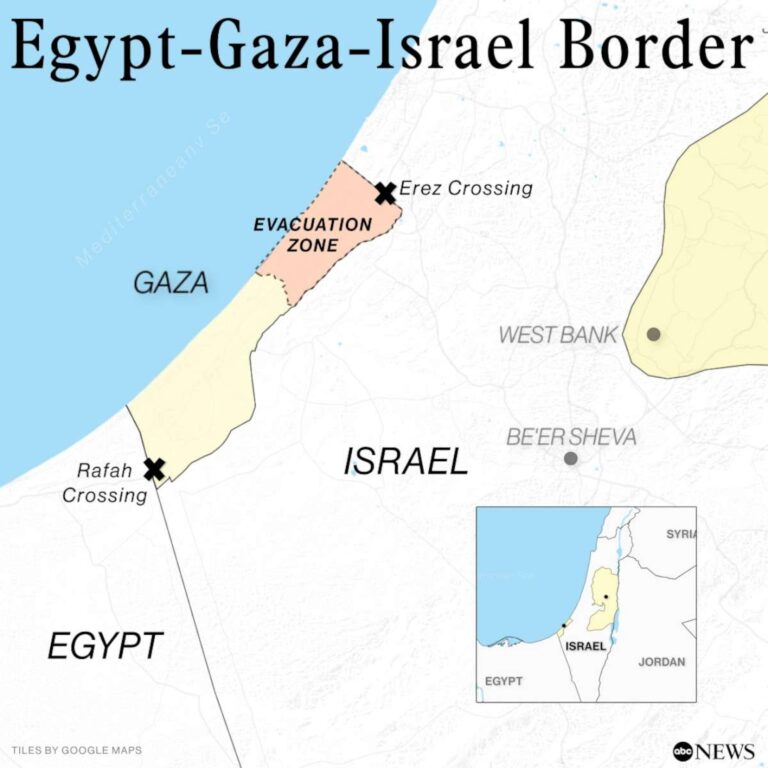The Importance of the Rafah Border Crossing
The Rafah Border Crossing serves as the main gateway between Gaza and Egypt, making it a crucial lifeline for the Palestinian people. This crossing facilitates the movement of goods and people, which is vital for the economic revival of Palestine. As borders remain a contentious issue, the opening of Rafah has profound implications for humanitarian aid and commerce.
Humanitarian Aid and Relief Efforts
In times of crisis, the Rafah Border Crossing becomes a critical point for delivering essential humanitarian aid. Recent openings have seen an influx of medical supplies, food, and shelter materials entering Gaza. Without this crossing, the situation in Palestine could deteriorate even further.
Economic Opportunities through Reconstruction
The rebuilding of Palestine relies heavily on access to external resources and markets. With a fully operational Rafah Border Crossing, local businesses have a chance to flourish and create jobs. This not only aids in economic recovery but also instills hope in the Palestinian people for a better future.
Political Implications of the Border Opening
Opening the Rafah Border Crossing can serve as a symbolic gesture of diplomatic goodwill in the region. It indicates a potential shift towards more cooperative relationships between neighboring countries. This could pave the way for long-term peace and stability in the region.
Looking to the Future: Long-term Solutions
The sustainable reconstruction of Palestine necessitates more than just the opening of borders; it requires a comprehensive plan from international stakeholders. As initiatives grow to rebuild, ongoing support and investment are crucial to ensuring lasting change. For more details on the Rafah Border Crossing, visit Borgen Project.

